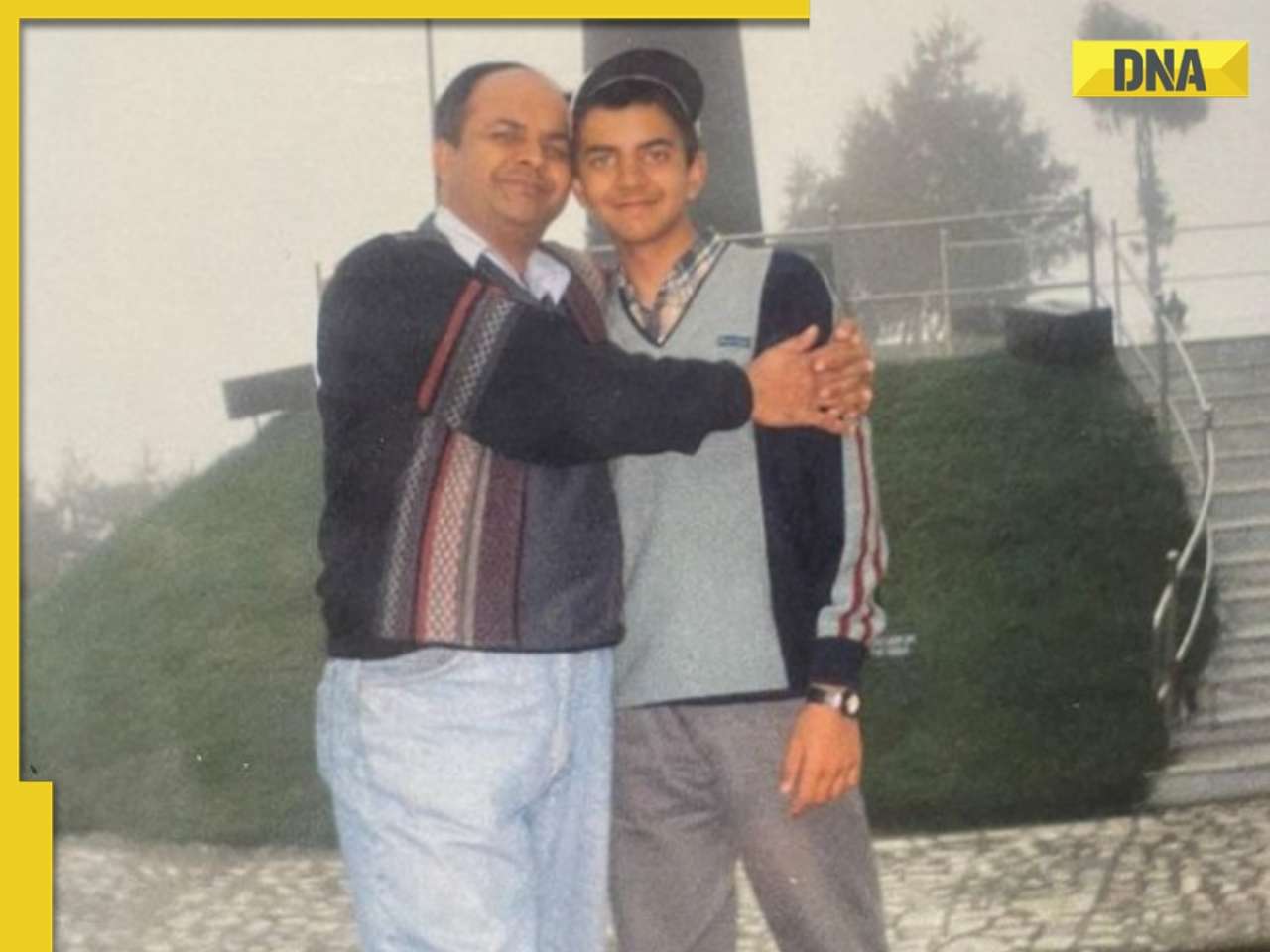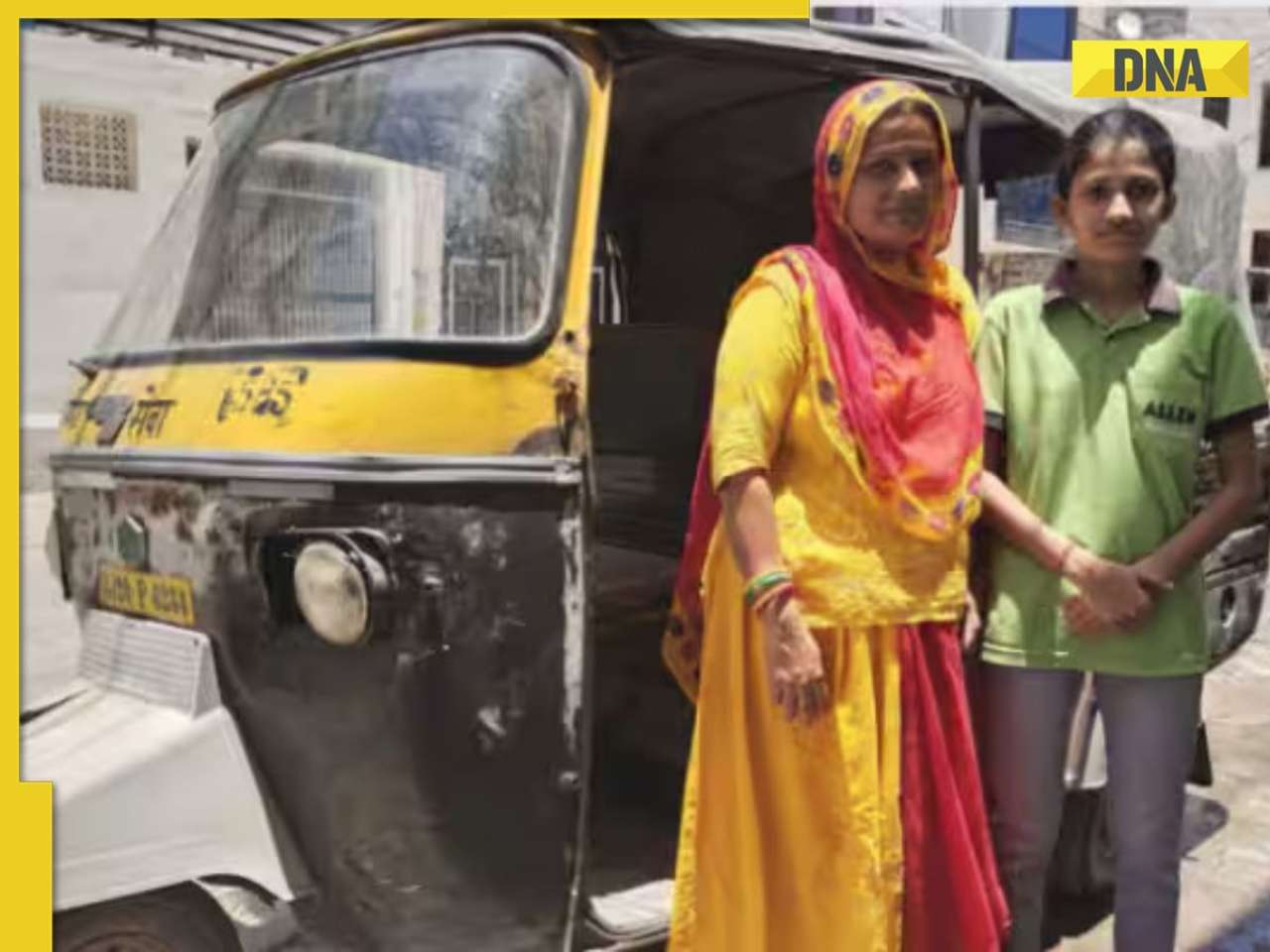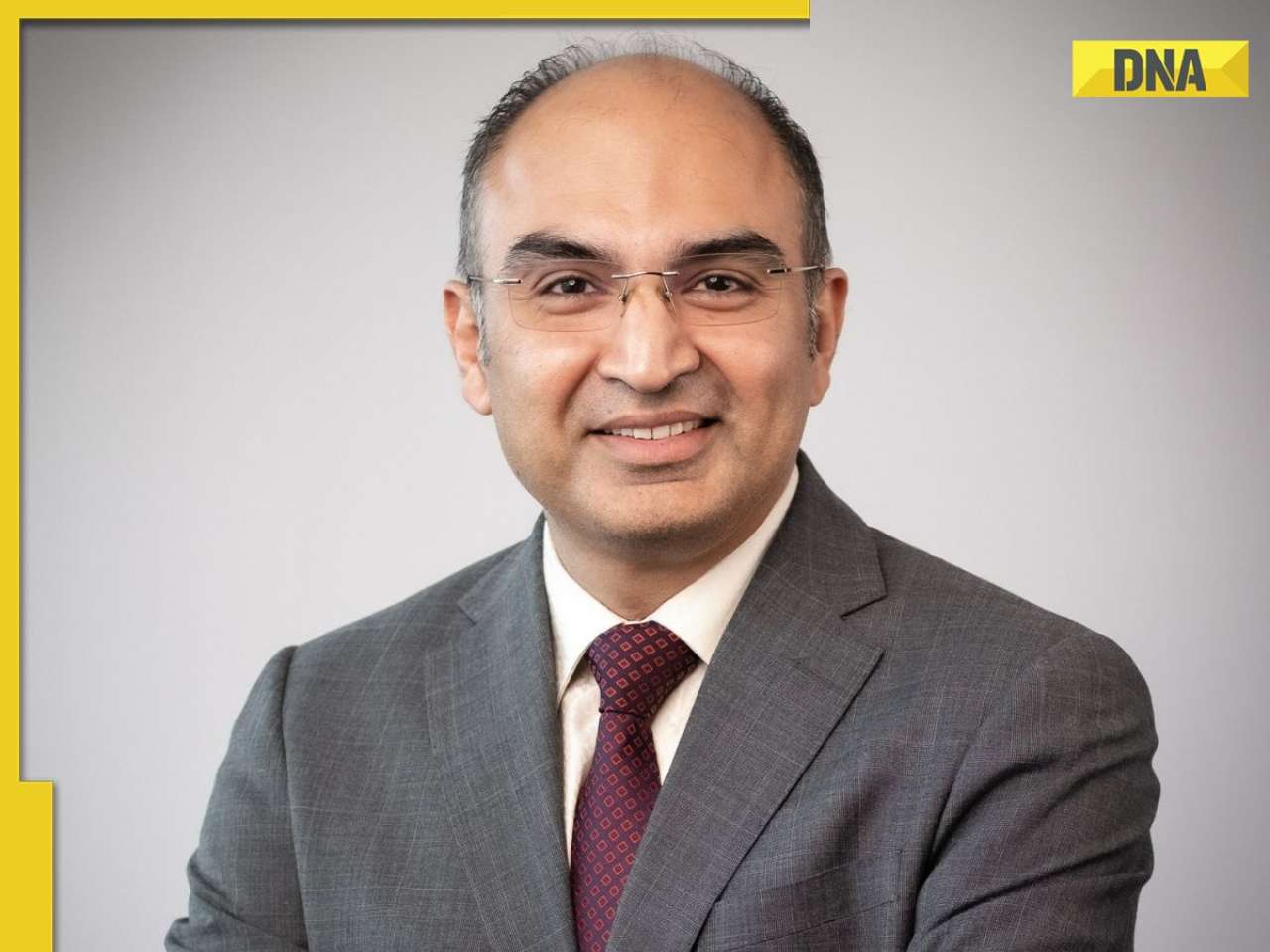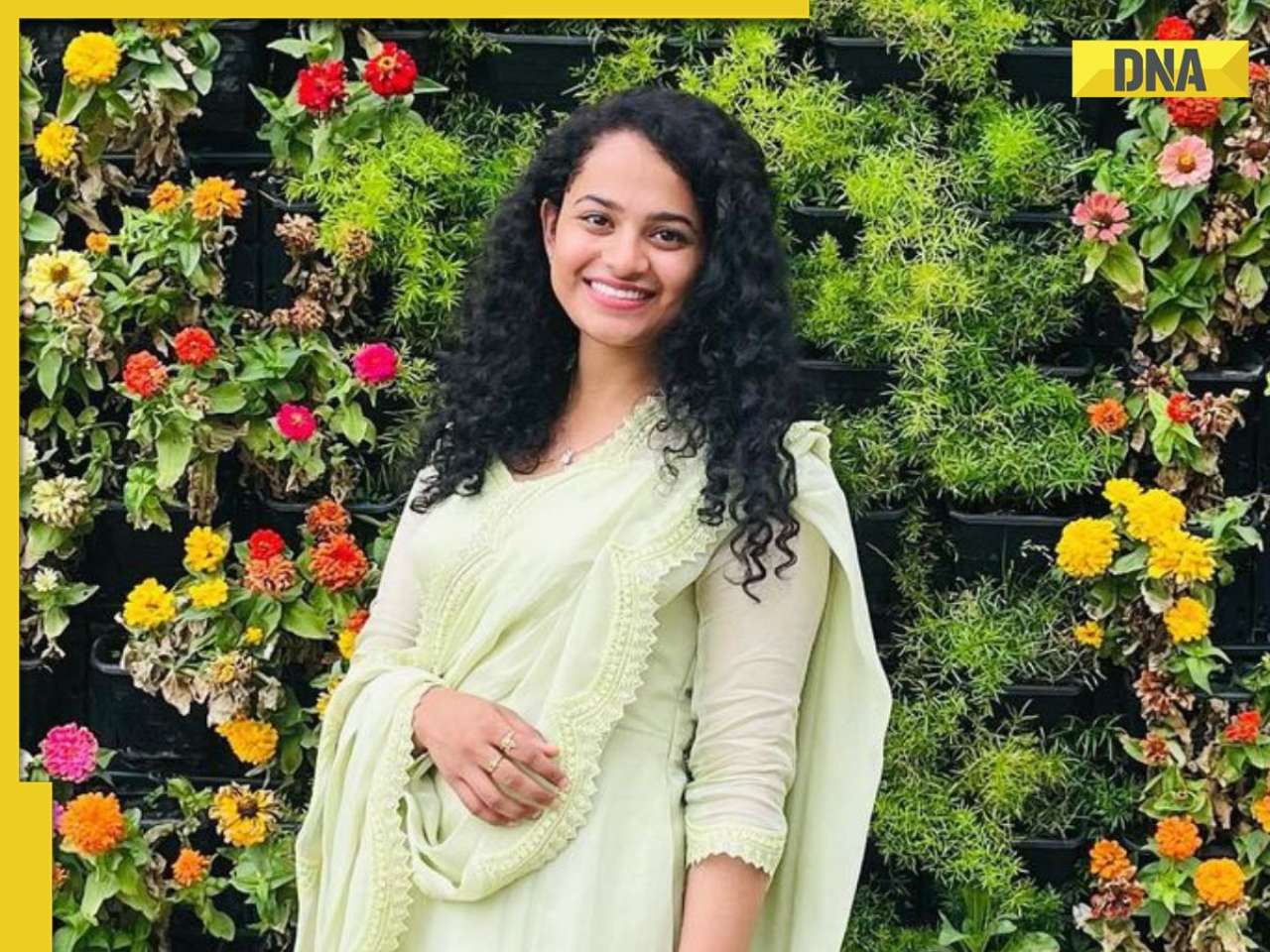Veteran adperson and current President MG Parameswaran tells Pradyuman Maheshwari that there is a lot more that the apex advertising body does, from disputes redress to skill development..
The common perception, that AAAI is only about organising events like Goafest is wrong. Veteran adperson and current President MG Parameswaran tells Pradyuman Maheshwari that there is a lot more that the apex advertising body does, from disputes redress to skill development…
Most people know it, but for the benefit of a large number of our readers who don’t: what is role of the Advertising Agencies Association of India (AAAI) as the apex association of ad agencies in the country?
AAAI is for the betterment of the advertising business. One avowed mission of AAAI is to improve professional standards in the industry, so we welcome anybody who is organising training, knowledge seminars and dissemination of information and knowledge to young people in the advertising industry. Whether it is Kyoorius, Afaqs, Exchange4media, Kulzy, MxM, Campaign India or IAA, all of them are welcome to provide affordable, valuable training for youngsters in advertising today. I’d say even older people in the industry need inputs; we don’t know everything.
AAAI was also set up to look at issues cropping up between advertisers and media owners, and resolve them. Do you think that the perception of AAAI, as the organiser of Goafest, has become bigger than the rest of its functions?
We do a lot of work which isn’t in the public domain, for obvious reasons -- client agency disputes, issues agencies are having with the media etc. Unfortunately, what comes into the public domain at regular intervals is Goafest, which is organised by us. A lot of youngsters in advertising believe our job is to only organise Goafest, which of course isn’t true. We have a managing committee that meets every month for at least three or four hours, and Goafest takes up less than 10% of our time. About 80-90 per cent of the time is spent on other issues, a number of which also get tabled.
In terms of revenue, how much does Goafest contribute?
It’s significant.
Is it more than 50%?
Yes, about that much.
So since it’s a significant contribution to the AAAI coffers, it makes sense for you to host Goafest…
Yes, it gives us some surplus which we can then plough back into setting up a training centre, like we’ve done. The other thing is that it’s held in Goa, not in Mumbai, and people can fly in from all over the country to be here. Third, we do spend a lot of money to get good speakers, senior clients and to bring industries together. We’ve had to pay for some speakers, and some have requested that we contribute to a charity of their choice. We’ve done all that.
Do you think it helps to have a single, private organisation hosting an event?
Internationally, we’ve seen that something like a Cannes is more successful than what industry associations can put together…
There are pros and cons. The private organization can charge whatever it wants to, and may be arbitrary about how much it charges people and how many free passes it distributes. As an industry body, we are audited. We have a 22-member managing committee that asks questions! Any event organised by an industry body has to go through a process of approvals, so we may not be agile when taking decisions, but we are transparent and fair. Second, the surplus we generate goes into the advertising association kitty and will get re-deployed into things for the industry.
Since Goafest is such a large event, do you think--
Are you going to talk only about Goafest?
No, I’ll move to other things. But then it’s so big and prominent…
It’s not. But it’s good if people think so…
Back to my question. Since Goafest has become such a large event and the 3As of I makes good monies on it, do you think the planning must start much earlier?
Last year, we started planning in October, which was early. I think it paid off and Nakul Chopra put his shoulder to the wheel to get the momentum going. In fact, he had finalised on the event agency in December. Obviously, you can plan even earlier. But having done this for many years, there will always be some last-minute cancellations and requests, so we have to juggle that.
There are people whose calendars are planned well in advance.
We’ve realised that sending a request in August for an event in April gets you no response. The right time to send a request probably is early December. Before people go off on their Christmas vacations. We’ve realised that sending requests in March is very late. Sending the requests in October is too early.
All of you’ll have day jobs and their pressures are tremendous. Everybody has international networks to answer to. Hence, the thing of whether there is a need for appointing someone within your team or outside of it to look at Goafest affairs?
I think there is a merit in bringing someone on board. Hopefully, we’ve got a very good event company on board this year. Hopefully, they’ll be able to add value next year as we go forward.
You mentioned various educational activities of 3AS of I. I remember you conducted a very successful copywriting course. What are the other activities AAAI does?
AAAI has four or five broad agendas. One is handling client agency issues, particularly to do with clients who don’t pay and run off to other agencies. A lot of our time goes in managing these disputes. We’re an industry body and 85 to 90 per cent of all advertising is through our members. So if a client parts ways with one agency and goes to another, we can put pressure to get the client to come to the table and talk. We spend a lot of time doing that.
The other issue is between media agencies and print and TV organisations. We set up a good system to manage disputes between television channels and media agencies. Every month we have a committee meeting with the IBF. If the client hasn’t paid, they bring the client to the meeting. It has been working like clockwork. In case of print, we’re talking to the INS for setting up something like that.
Are you happy with the way BARC is performing?
Yes, I think so.
Do you think the fact that BARC is still 40% not 60% owned by broadcasters is a little flawed?
Look at the economics of it. For every Rs 100 spent in media, over 85 goes to broadcasters. And if you look at the old rating system, more than 90% of the revenue from the old rating system went from broadcasters. In a sense, broadcasters having 60% equity is lower than what they actually pay, in terms of data. They pay for about 85 to 90% of the cost of data. It was set up as a joint industry body between IBF, ISA and AAAI and I think we it worked out what I feel is a fair shareholding agreement which is 60-20-20 though the technical committee chairperson is from 3As of I.
Will it always be so?
As of now it is. The shareholders will take a call when the current chair’s term expires. I think ISA and AAAI would obviously want an AAAI nominee. But it’s up to the Board to decide finally who it will be.
But conceptually, for the future health of the process, is it fair to let broadcasters have the upper hand?
The board composition in 60-20-20 and any major decisions will have to go to the Board. In the Board, you need a 76% vote to pass anything. I think it’s a nice balance of power.
When the BARC report was out, everything appeared to be topsy turvy. For instance, Zee had been at No. 3 for long and suddenly was at No. 4 even though at primetime it was still in the Top 3. The reaction to it was dramatically different from what we saw last year in the IRS…
I don’t think it’s fair to compare IRS with BARC. Maybe in the case of BARC, we had the power of hindsight. As a result, we put some precautions in place which helped us to avoid the pitfalls. Having said that, it’s still early days for BARC, and I believe the IRS will get it together. Because we need a good readership measurement system; 45% of advertising spends depend on old data.
Every day you see bad blood between two publishers. As AAAI, with the stick in your hand, can’t you can tell publishers to behave…
ISA and AAAI will probably have to start playing a more active role in IRS today. I believe IRS will one day become the currency, but I don’t know when that will be. But the quicker, the better for the entire industry.
With growth of print going down, more than ever before, the industry needs a good readership study.
Absolutely! Which is probably the reason we need to start putting it on the top of agenda soon.
If a media agency comes to you and says ‘How do I take the right decision to advertise in print?’, will the AAAI do anything about it?”
As of now, no media agency has approached us. If they do, we’ll discuss it and we’ll give them an answer. We won’t do anything proactively.
What about digital? How many members of AAAI’s managing committee are active on digital?
All the members have digital arms and the AAAI has an agreement with Internet and Mobile Association of India, and meets with them every quarter to discuss disputes. Unfortunately, the IAMAI doesn’t have full control over some of the big digital players. So we’ve been trying to persuade them that it’s in their interest to join the IAMAI and get into a dialogue with us. In a country like India, even the biggest of players will need an association [to support them].
Isn’t there a need to make the AAAI more inclusive?
We are planning to do three or four things. One is will collaborate with the Subhash Ghoshal Foundation to have the Subhash Ghoshal memorial lecture every year. The other is, we’ll use the facility in our new office to start offering specific training useful for industries. For example, in June, we’ll conduct a one-day course, using international experts, in negotiation skills. We’re in talks with Rajan Nair to scale up his copywriting course. AAAI used to have a copywriting course run by Jameel Gulrays, Larry Grant and Neville Gomes. We wanted to convert it to an online course. The advantage is, you can be anywhere in India and participate in this course. This should, hopefully, help us create other online courses which we might seed-fund through scholarships.
We want to create an ecosystem to bring in more talent to the industry. The advertising agency business in India is a 100 years old, and a lot of Indian industries which have come up later (like radio and TV), have borrowed much from it. The CEOs of most television and radio channels have an advertising background. Today, lot of new talent in Bollywood does too. Advertising is a great industry which grooms talent and, as an industry body, we will try to do whatever we can, to further that.
When it comes to accepting agencies as members, we have certain criteria because we often take up for them in a dispute with clients. So we need to make sure the agency has a clean record. We insist on a lot of paperwork -- balance sheets for three years, profit and loss statements, income tax returns, letters from clients and media etc. Unlike an Ad Club, which is an association of professionals and doesn’t mediate in industry-related disputes.
There are a lot of clients and a lot of publications. INS and IBF members today are approaching clients directly. Given the economic conditions over the last few years, many agencies find they haven’t been paid. Do you talk to an ISA or clients to advise them to do business only through agencies, or is that not really your problem?
Our stand is clear. We cannot stop any media owner from approaching a client. Our only directive to media owners is, please tell the client to route the business through the media agency. It’ll help them both, and we can ensure the money is paid up. But there are complexities in the media business, like barters which cause their own problems. It’s then left to individual media agencies to handle it with the individual clients.
In case of sponsorships, the deals are done directly…
That’s difficult to manage, right? It’s all directly done! Which is why, today as we’re seeing, the industry is getting more organized. Television is, print is, digital is a bit disparate, outdoor is a bit disparate, we expect outdoor to get organised in the next five years. We expect digital to get organised in the next five years. Hopefully, all these associations will become strong and therefore we’ll have a clear association-association understanding.
Do you think five years is a decent window?
I’d like it to happen in two years. Five years is a bit too long.
What else do you plan to do with AAAI during your presidentship?
I’d definitely like to give a thrust to skill development, which is why I’m trying to drive this negotiation skill and copywriting workshops. These are things I think the association should do on a regular basis.
When you move on from the AAAI President’s job, what would you like to be remembered as having achieved?
That I gave a thrust to skill development. When I was in Ad Club, we had 10 programmes on Ideation, Strategic Planning. Marketing Research and other topics. I’d like to do that if possible in AAAI, through a mixed online, offline approach.
![submenu-img]() Anant Raj Ventures into tier 2 and tier 3 cities, pioneering growth in India’s real estate sector
Anant Raj Ventures into tier 2 and tier 3 cities, pioneering growth in India’s real estate sector![submenu-img]() Sophie Turner reveals she wanted to terminate her first pregnancy with Joe Jonas: 'Didn't know if I wanted...'
Sophie Turner reveals she wanted to terminate her first pregnancy with Joe Jonas: 'Didn't know if I wanted...'![submenu-img]() Meet outsider who was given no money for first film, battled depression, now charges Rs 20 crore per film
Meet outsider who was given no money for first film, battled depression, now charges Rs 20 crore per film![submenu-img]() This is owner of most land in India, owns land in every state, total value is Rs...
This is owner of most land in India, owns land in every state, total value is Rs...![submenu-img]() Meet man who built Rs 39832 crore company after quitting high-paying job, his net worth is..
Meet man who built Rs 39832 crore company after quitting high-paying job, his net worth is..![submenu-img]() Meet woman who first worked at TCS, then left SBI job, cracked UPSC exam with AIR...
Meet woman who first worked at TCS, then left SBI job, cracked UPSC exam with AIR...![submenu-img]() Meet engineer, IIT grad who left lucrative job to crack UPSC in 1st attempt, became IAS, married to an IAS, got AIR...
Meet engineer, IIT grad who left lucrative job to crack UPSC in 1st attempt, became IAS, married to an IAS, got AIR...![submenu-img]() Meet Indian woman who after completing engineering directly got job at Amazon, then Google, Microsoft by using just...
Meet Indian woman who after completing engineering directly got job at Amazon, then Google, Microsoft by using just...![submenu-img]() Meet man who is 47, aspires to crack UPSC, has taken 73 Prelims, 43 Mains, Vikas Divyakirti is his...
Meet man who is 47, aspires to crack UPSC, has taken 73 Prelims, 43 Mains, Vikas Divyakirti is his...![submenu-img]() IIT graduate gets job with Rs 100 crore salary package, fired within a year, he is now working as…
IIT graduate gets job with Rs 100 crore salary package, fired within a year, he is now working as…![submenu-img]() DNA Verified: Is CAA an anti-Muslim law? Centre terms news report as 'misleading'
DNA Verified: Is CAA an anti-Muslim law? Centre terms news report as 'misleading'![submenu-img]() DNA Verified: Lok Sabha Elections 2024 to be held on April 19? Know truth behind viral message
DNA Verified: Lok Sabha Elections 2024 to be held on April 19? Know truth behind viral message![submenu-img]() DNA Verified: Modi govt giving students free laptops under 'One Student One Laptop' scheme? Know truth here
DNA Verified: Modi govt giving students free laptops under 'One Student One Laptop' scheme? Know truth here![submenu-img]() DNA Verified: Shah Rukh Khan denies reports of his role in release of India's naval officers from Qatar
DNA Verified: Shah Rukh Khan denies reports of his role in release of India's naval officers from Qatar![submenu-img]() DNA Verified: Is govt providing Rs 1.6 lakh benefit to girls under PM Ladli Laxmi Yojana? Know truth
DNA Verified: Is govt providing Rs 1.6 lakh benefit to girls under PM Ladli Laxmi Yojana? Know truth![submenu-img]() In pics: Taarak Mehta Ka Ooltah Chashmah actress Deepti Sadhwani dazzles in orange at Cannes debut, sets new record
In pics: Taarak Mehta Ka Ooltah Chashmah actress Deepti Sadhwani dazzles in orange at Cannes debut, sets new record![submenu-img]() Ananya Panday stuns in unseen bikini pictures in first post amid breakup reports, fans call it 'Aditya Roy Kapur's loss'
Ananya Panday stuns in unseen bikini pictures in first post amid breakup reports, fans call it 'Aditya Roy Kapur's loss'![submenu-img]() Remember Harsh Lunia? Just Mohabbat child star, here's how former actor looks now, his wife is Bollywood's popular...
Remember Harsh Lunia? Just Mohabbat child star, here's how former actor looks now, his wife is Bollywood's popular...![submenu-img]() Mother's Day 2024: Bollywood supermoms who balance motherhood, acting, and run multi-crore businesses
Mother's Day 2024: Bollywood supermoms who balance motherhood, acting, and run multi-crore businesses![submenu-img]() Rocky Aur Rani's Golu aka Anjali Anand shocks fans with drastic weight loss without gym, says fitness secret is...
Rocky Aur Rani's Golu aka Anjali Anand shocks fans with drastic weight loss without gym, says fitness secret is...![submenu-img]() Haryana Political Crisis: Will 3 independent MLAs support withdrawal impact the present Nayab Saini led-BJP government?
Haryana Political Crisis: Will 3 independent MLAs support withdrawal impact the present Nayab Saini led-BJP government?![submenu-img]() DNA Explainer: Why Harvey Weinstein's rape conviction was overturned, will beleaguered Hollywood mogul get out of jail?
DNA Explainer: Why Harvey Weinstein's rape conviction was overturned, will beleaguered Hollywood mogul get out of jail?![submenu-img]() What is inheritance tax?
What is inheritance tax?![submenu-img]() DNA Explainer: What is cloud seeding which is blamed for wreaking havoc in Dubai?
DNA Explainer: What is cloud seeding which is blamed for wreaking havoc in Dubai?![submenu-img]() DNA Explainer: What is Israel's Arrow-3 defence system used to intercept Iran's missile attack?
DNA Explainer: What is Israel's Arrow-3 defence system used to intercept Iran's missile attack?![submenu-img]() Sophie Turner reveals she wanted to terminate her first pregnancy with Joe Jonas: 'Didn't know if I wanted...'
Sophie Turner reveals she wanted to terminate her first pregnancy with Joe Jonas: 'Didn't know if I wanted...'![submenu-img]() Meet outsider who was given no money for first film, battled depression, now charges Rs 20 crore per film
Meet outsider who was given no money for first film, battled depression, now charges Rs 20 crore per film![submenu-img]() Meet actress who quit high-paying job for films, director replaced her with star kid, had no money, now lives in...
Meet actress who quit high-paying job for films, director replaced her with star kid, had no money, now lives in...![submenu-img]() This star kid's last 3 films lost Rs 5000000000 at box office, has no solo hit in 5 years, now has lost four films to...
This star kid's last 3 films lost Rs 5000000000 at box office, has no solo hit in 5 years, now has lost four films to...![submenu-img]() Meet actress viral for just walking on screen, belongs to royal family, has no solo hit in 15 years, but still is…
Meet actress viral for just walking on screen, belongs to royal family, has no solo hit in 15 years, but still is…![submenu-img]() This is owner of most land in India, owns land in every state, total value is Rs...
This is owner of most land in India, owns land in every state, total value is Rs...![submenu-img]() Blinkit now gives free dhaniya with veggie orders, thanks to Mumbai mom
Blinkit now gives free dhaniya with veggie orders, thanks to Mumbai mom![submenu-img]() Meet man, an Indian who entered NASA's Hall of Fame by hacking, earlier worked on Apple's...
Meet man, an Indian who entered NASA's Hall of Fame by hacking, earlier worked on Apple's...![submenu-img]() 14 majestic lions cross highway in Gujarat's Amreli, video goes viral
14 majestic lions cross highway in Gujarat's Amreli, video goes viral![submenu-img]() Here's why Isha Ambani was not present during Met Gala 2024 red carpet
Here's why Isha Ambani was not present during Met Gala 2024 red carpet






































)
















)
)
)
)
)
)